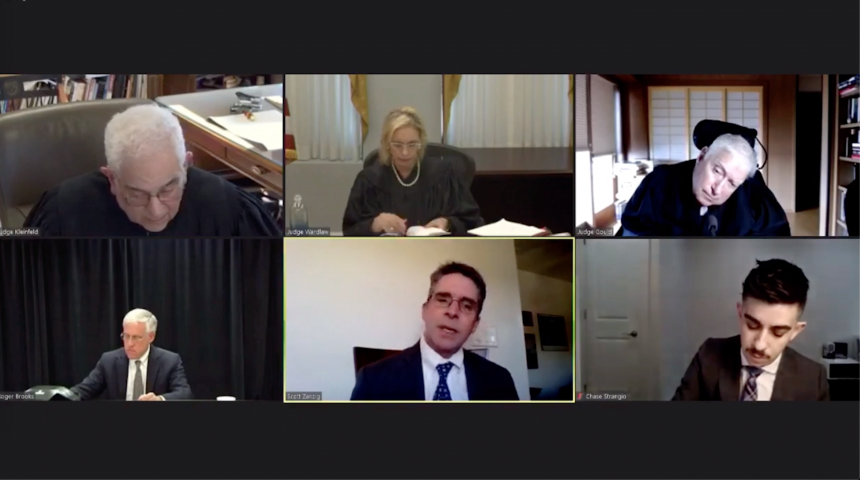Idaho transgender sports ban heard in District Court

PASADENA, Cali (KIFI) - Idaho's trailblazing and controversial ban on transgender women in sports was heard in District Court Monday.
The U.S. Court of Appeals for the 9th Circuit heard oral arguments for the landmark case, Hecox v. Little. Lindsay Hecox is a transgender Boise State University student who has hopes of running on the school's track and cross country teams.
The Fairness in Women’s Sports Act, brought forward by Rep. Barbra Ehardt (R-Idaho Falls), was signed into law in March 2020 and would ban transgender women and girls from kindergarten through college from competing on women's intramural and club teams.
But the law never went into effect, because U.S. District Judge David Nye issued an injunction in August, saying the plaintiffs were likely to win in court as part of a lawsuit filed by the American Civil Liberties Union challenging the constitutionality of the law.
If the sex of a female athlete — whether transgender or not — is disputed, under the Fairness in Women's Sports Act, she would be subject to an examination to verify her sex organs, which opponents call invasive and humiliating.
Chase Strangio, the ACLU's attorney representing Hecox, said the law is targeting transgender girls by trying to root them out amongst cisgender (non-transgender) girls.
“That part of the law, is (meant) to identify who is trans and then exclude their participation in women’s and girl’s sports,” Strangio said.
Proponents of the law say it maintains integrity in women's sports, because biological male bodies have a physical advantage over biological female bodies. Idaho Deputy Attorney General Scott Zanzig argued the law does not target transgender people.
“Do (the policies) apply to a transgender person? Yes, they might. Do they also apply to a non-transgender person? Yes, they absolutely do. So, it’s not targeting anyone to say we’re going to decide how we determine what sex you are if we use criteria that physiologically goes along with sex," Zanzig said.
The District Court took the oral arguments under advisement and will determine a ruling at a later date.
Idaho's law has been used as a model for dozens of other states, including Alabama, Arkansas, Mississippi, Tennessee and West Virginia, who have already signed similar bills into law.